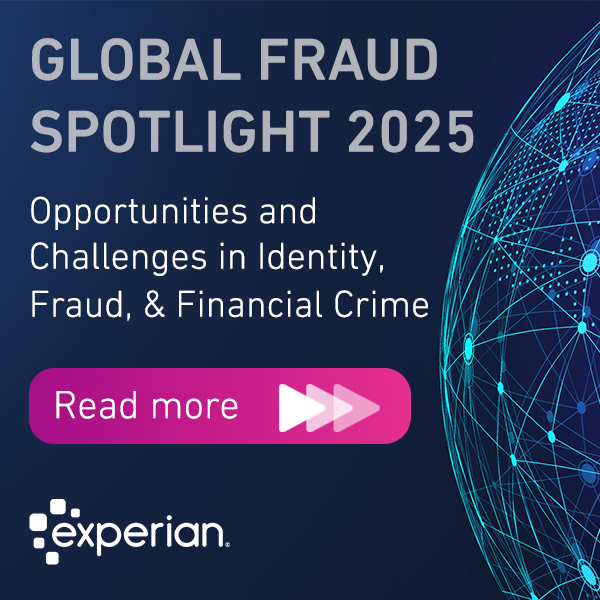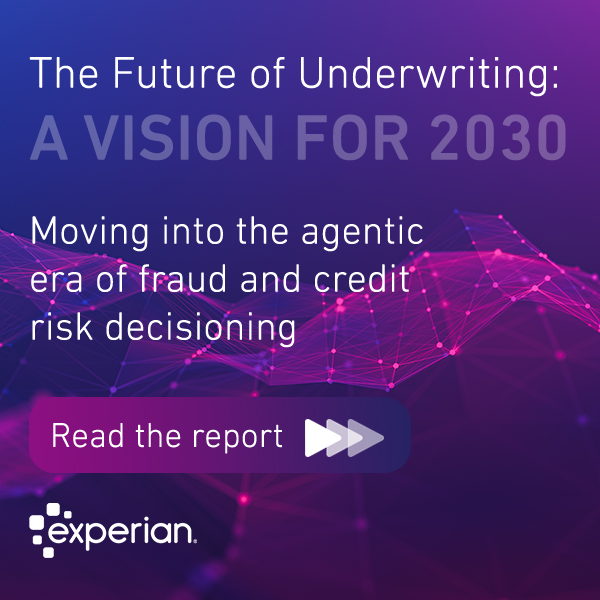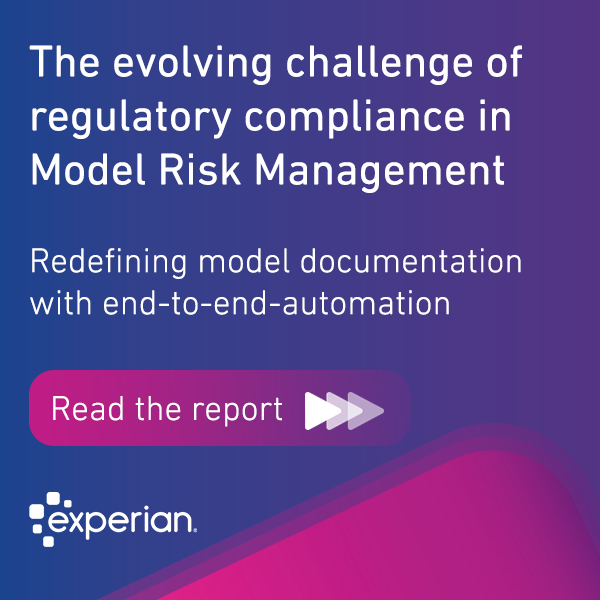
The concept of digital identity and the ways it can be applied has been discussed for many years. While this has traditionally been more of a philosophical discussion, this notion has beginning to shape over the past twelve months, making waves across markets and driving, making many in the industry wonder what has changed to prompt that shift.
In a recent episode of the Insights in Action series, Nick Maynard from Juniper Research and David Britton from Experian Decision Analytics explored the pandemic’s transformative effect on the prospects of digital identity. Over the past year, reliance on e-commerce has increased significantly increased globally, boosted by new consumer and business needs and efforts to observe social distancing and cope with the side-effects of lockdowns.
Nick and David review Juniper Research’s Digital Identity 2020-2025 Report’s findings and explain how, since the pandemic started, people have needed to remotely use those services that they’d normally use in person. Access to banking, buying groceries, or ordering food, for example. In such a context, defined by tight restrictions imposed to curb the advance of coronavirus, being able to represent your identity and verify that you are who you say you are so you can access certain digital activities safely has become absolutely critical. Indeed, it has become the way people can participate in society now, digitally.
Defining digital identity in the covid era
But, how to define digital identity these days? Against an ever-changing environment, identity must now be more than just traditional personally identifiable data like a name or an address. It must incorporate other components such as device identifiers, device intelligence, network information, the way you hold your phone, or even the speed you type at.
All in all, digital identity is about emulating what we have all done naturally in the physical world for so long; that’s it bringing together a series of distinctive attributes that make each individual unique.
In terms of how the industry is looking at this evolving concept of digital identity, Nick and David point out that a growing number of regulators are engaged with the concept of digital identity, addressing the need for modern, adaptative frameworks, guardrails, and protocols. Identity industry players have realized that identity works best when there’s a network. Identity networks or systems bring together all those different stakeholders who hold identity details and have the ability to verify or use those identity details to provide greater benefit for consumers.
Listen to the full podcast
Access all episodes of Insights in Action on Soundcloud, Spotify, Google Podcasts




